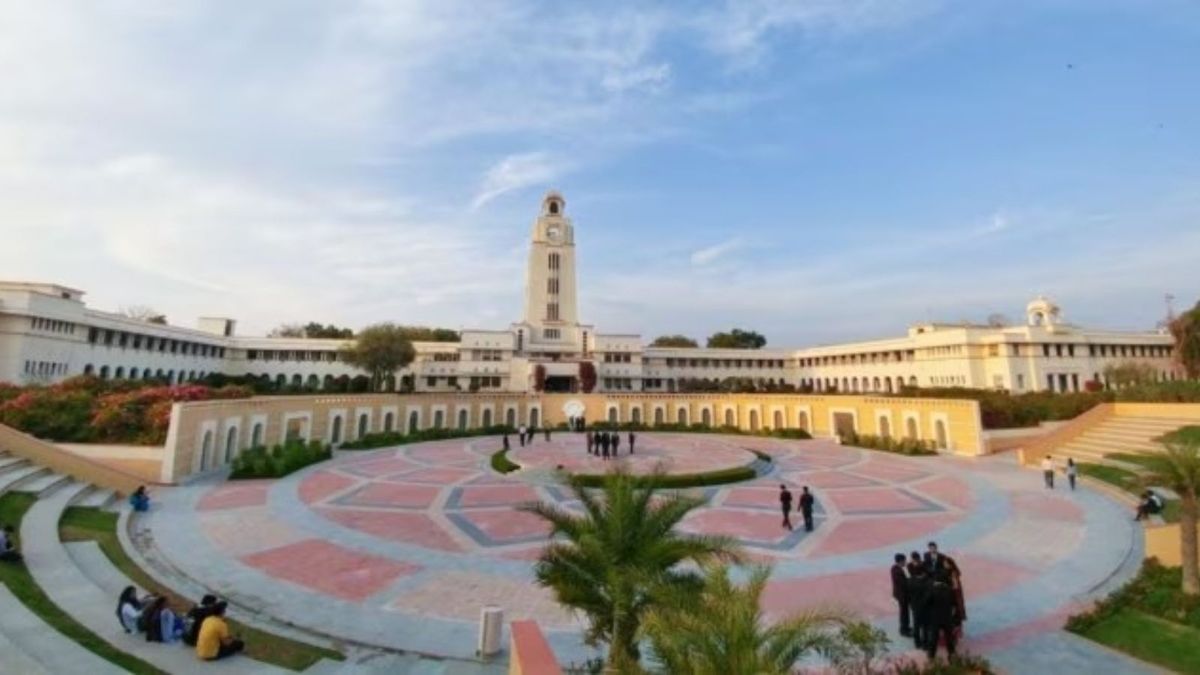


 (5).jpg)
IMS Ghaziabad (University Courses Campus) and BITS Pilani are revolutionizing the traditional education system in India by adopting practical learning and design education approaches. IMS Ghaziabad focuses on hands-on classroom learning, internships, and project-based learning to develop students' skills and prepare them for successful careers. This commitment to educational quality has resulted in numerous students securing placements in leading companies. On the other hand, BITS Pilani is launching BITSDES, a new design school in Mumbai. The Bachelor of Design (Honours) programme at BITSDES fosters a trans-disciplinary approach, preparing students to solve contemporary challenges and drive innovation. The institution also plans to launch master's degree programmes and a faculty development programme for design educators. Both IMS Ghaziabad and BITS Pilani are dedicated to nurturing the next generation of students and educators, creating robust ecosystems for creativity, innovation, and critical thinking in Indian education.
Meanwhile, the Indian Institute of Management Ahmedabad (IIM-A) recently held its 59th convocation, where it showcased an eclectic bunch of students in its PGPX program. The batch included professionals from diverse backgrounds, such as a spy, violinist, cyclist, and activist. Students like Viswanath Ramaswamy, Kartik Bhatia, Shuchita Thapar, and Mohammed Irshadullah Gharbi represented the varied career paths and aspirations of the batch. With students from more than 30 sectors, this batch is one of the largest at the institute. The PGPX course at IIM-A attracts students from various disciplines due to the expanding economy and redefined managerial roles. The diverse batch profile prepares students for leadership positions.
CMA PD Modh, an educationist from Ahmedabad, emphasized the importance of an effective study plan in exam preparation. He advised students to prioritize subjects and manage their time effectively. Modh also highlighted the significance of maintaining a balance between study hours and relaxation. He recommended making clear and concise notes, practicing regularly with model papers and old question papers, and adopting techniques like meditation and yoga for stress management. Modh also shared strategies for solving exam questions, such as reading the question paper carefully, solving multiple-choice questions first, and giving time to difficult questions later. The special program was organized by the Indore Dewas Chapter of the Institute of Cost Accountants of India (ICMAI) for students appearing for the upcoming Cost Accounting examination. The program included a question and answer session and was attended by various CMA officials. [96c602c9]
Source: First India [664ff87f], BNN Breaking [644ab424], Times of India [2af01b07], Free Press Journal [96c602c9]